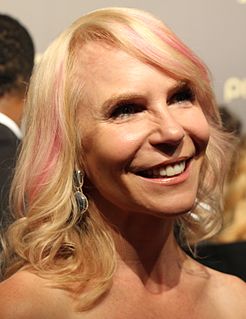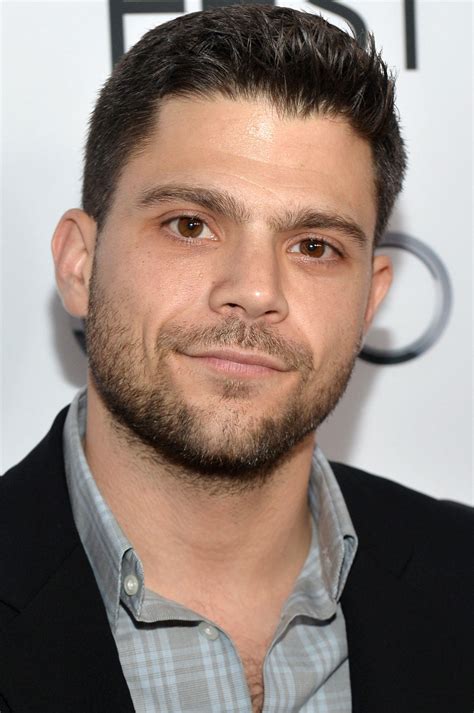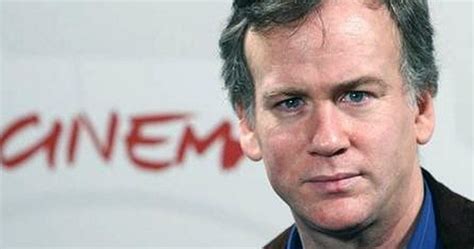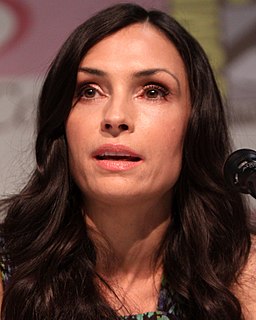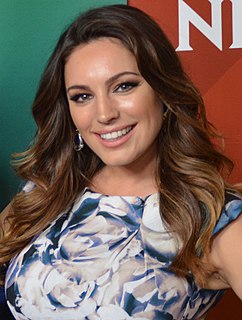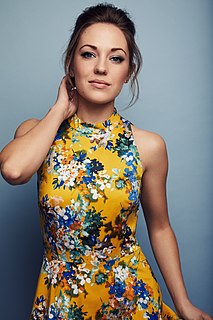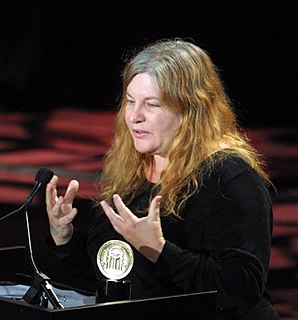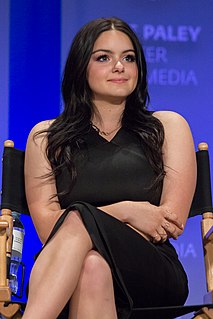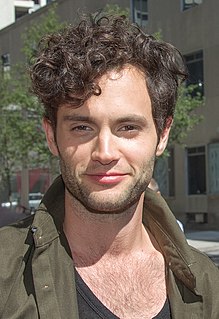A Quote by Marti Noxon
If you made a movie of 'Sharp Objects,' chances are that it would be a smaller film, but as a TV show, it can reach a lot of people.
Related Quotes
I think when I got drawn to film, I didn't know it was a business. I mean, like most filmmakers, I probably saw more films than a lot of people when I was a kid. But I watched them on TV as well. I was no purist about it. I spent lots of time in movie theaters, but I also watched a lot of films on TV.
It [TV] is the cancer of film. It's why people can't be educated to film. In the late '60s, we expected to see a movie or two every week and be stimulated, excited and inspired. And we did. Every week after week. Antonioni, Goddard, Truffaut - this endless list of people. And then comes television and home video. I know how to work exactly for the big screen, but it doesn't matter what I think about the art of movie-making versus TV.
